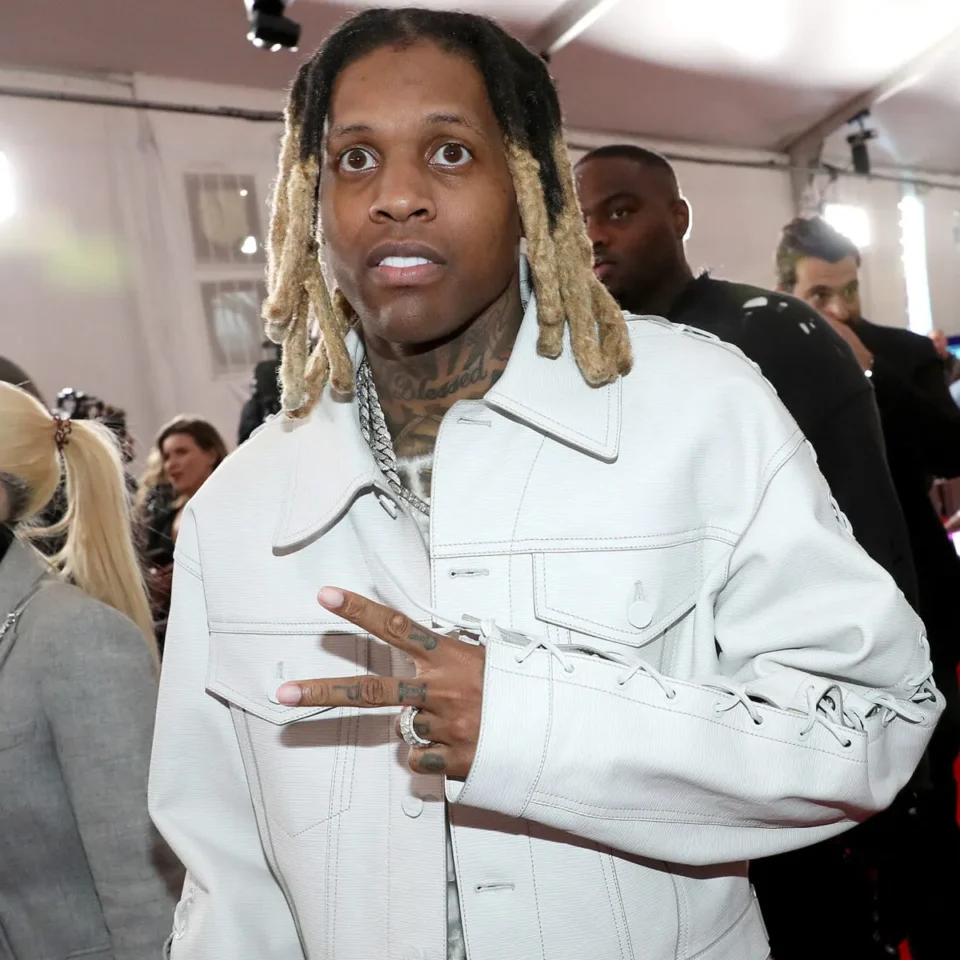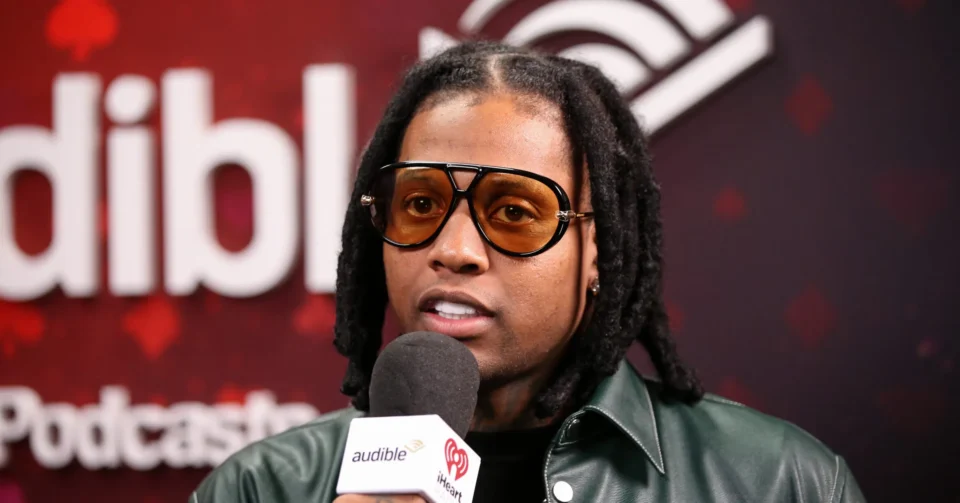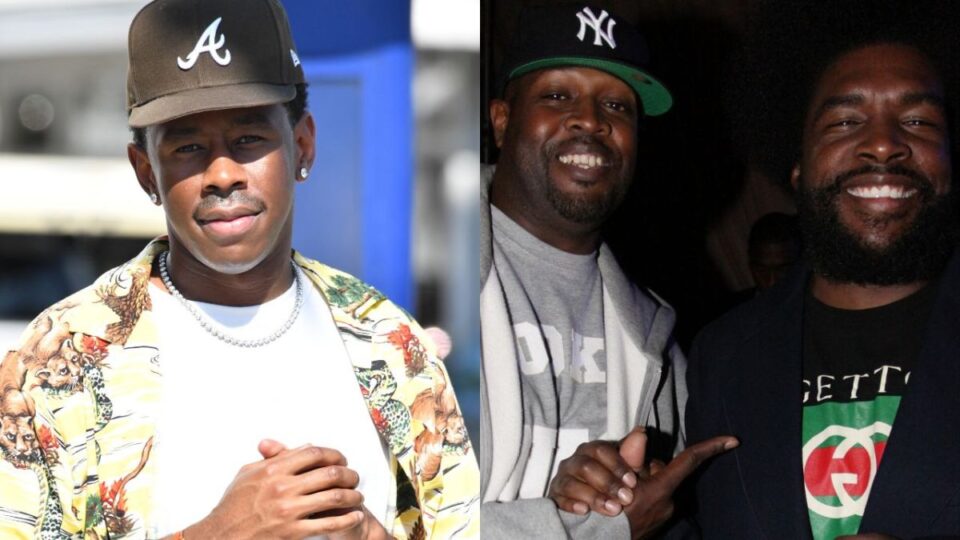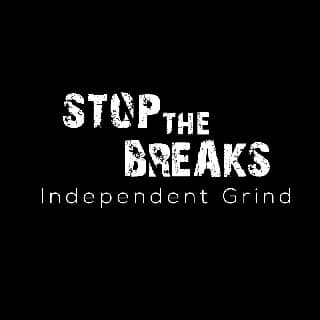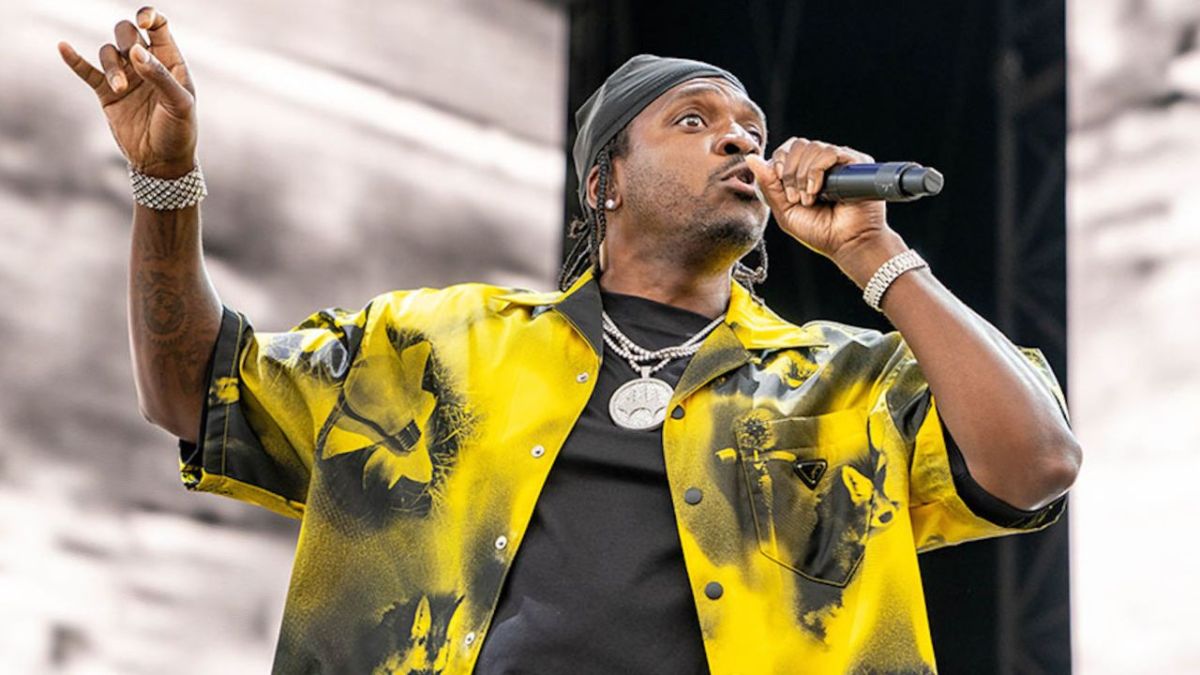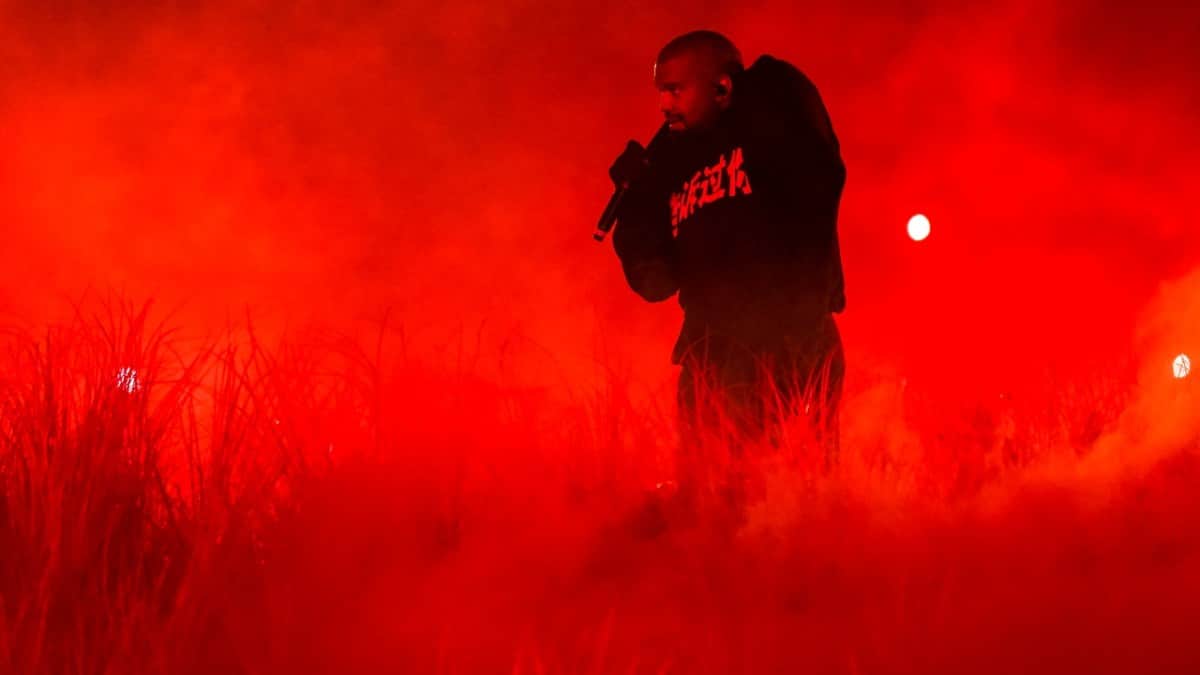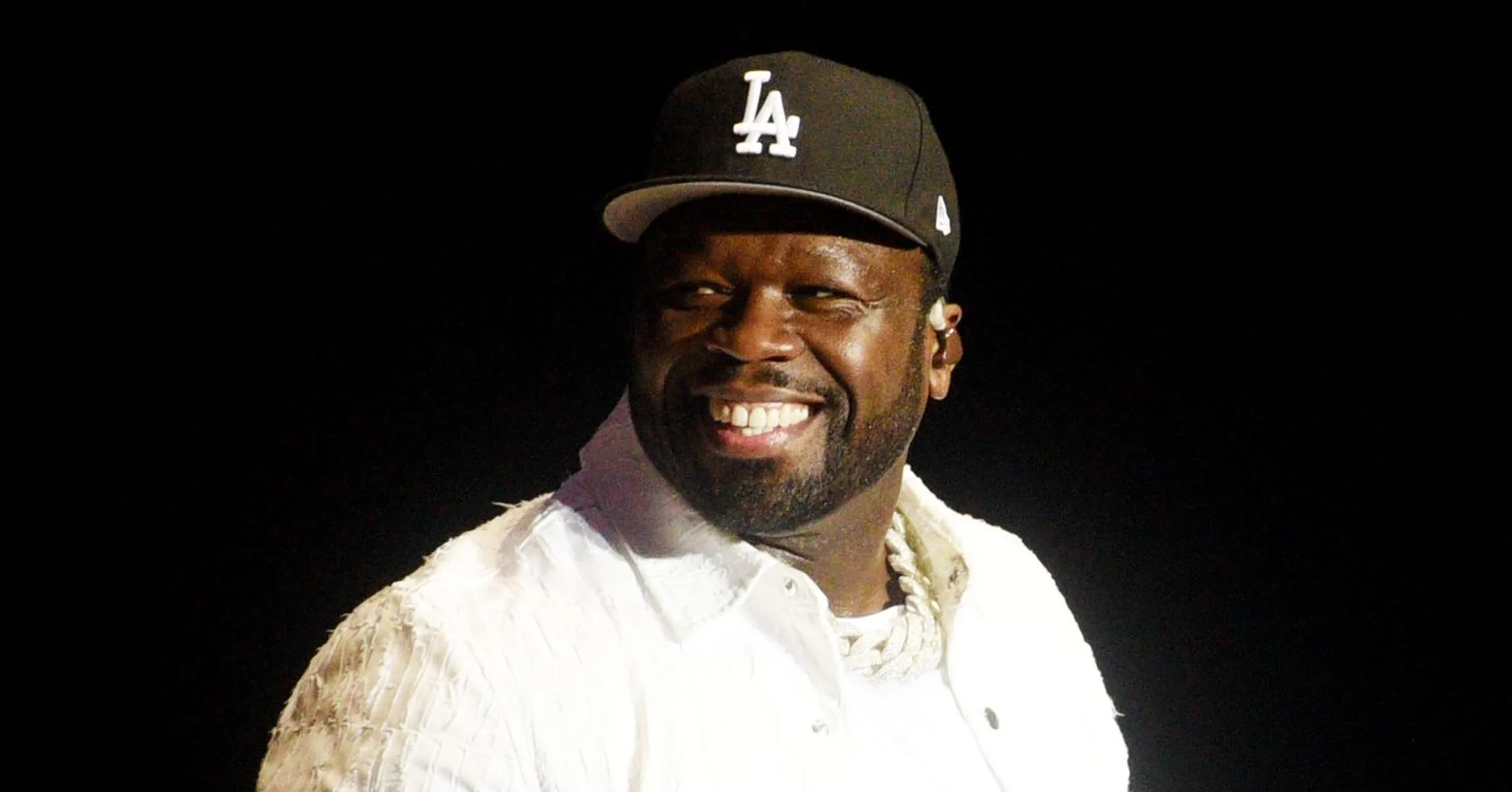Charleston White, a controversial voice in hip-hop commentary, has stirred up conversations following his comments on Lil Durk’s recent arrest.
White, known for his outspoken nature, described the arrest as a significant moment for Black Americans who appreciate hip-hop but oppose its darker elements.
Charleston White’s opinions have often sparked debate, and his recent interview was no different. He labeled Lil Durk’s arrest a “victory,” attributing it to the dismantling of what he describes as a “demonic force” in the music industry.
According to White, this event marks the end of an era where drill music and its violent undertones were celebrated. He believes it’s a chance for law-abiding citizens to reclaim hip-hop without the shadow of violence.
Despite White’s remarks, many fans are advocating for Lil Durk’s release, emphasizing his influence in the music scene. They argue that his contributions go beyond the controversies surrounding him.
White, however, dismisses these calls for freedom, insisting that Durk should remain incarcerated. Charleston believes the justice system is taking necessary steps to address the violence often associated with Lil Durk’s music.
Lil Durk’s legal troubles aren’t just about one individual; they reflect a larger issue within the entertainment industry.
With ongoing investigations, there’s much speculation about his alleged involvement in criminal activities. But many questions still hang in the air, waiting for the full story to unfold.
This case highlights the intersection of music, crime, and culture, prompting debates about the responsibilities of artists. It’s not just about entertainment, but also about the impact on society.
Lil Durk’s arrest has reopened discussions about violence and accountability in the music world. Critics and supporters alike are watching closely as the legal process unfolds.
Currently held in a Miami prison, Durk awaits transfer following a California indictment linking him to serious charges. This has intensified public interest and scrutiny.
White’s comments often ignite backlash, yet he remains steadfast in his critiques of hip-hop culture and its idols.
He argues that artists like Durk perpetuate negativity, and their legal issues are a reflection of deeper societal problems.
While some view his opinions as harsh, others agree that there’s a need for change in how cultural figures are held accountable.
The next steps in Lil Durk’s legal journey remain uncertain, keeping fans and critics alike on edge.
White’s comments continue to polarize opinions, highlighting ongoing tensions between cultural expression and legal boundaries.
As the story unfolds, the debate around Lil Durk’s arrest and its implications on the music industry continues to grow.
Charleston White’s views have certainly added fuel to the fire, ensuring that this narrative remains in the public eye.
